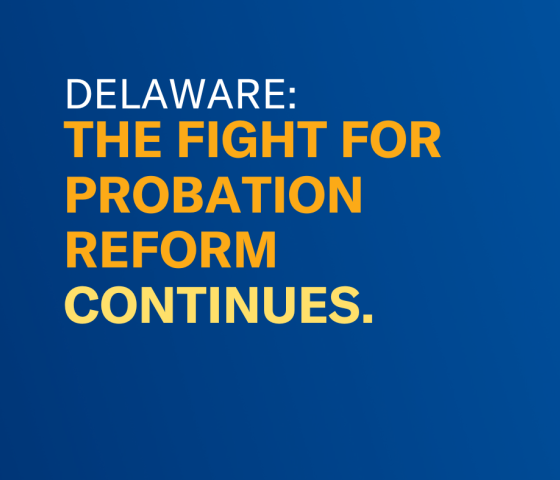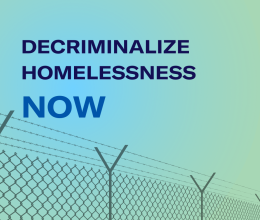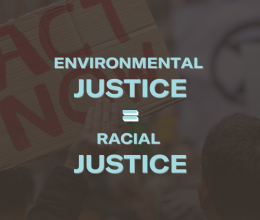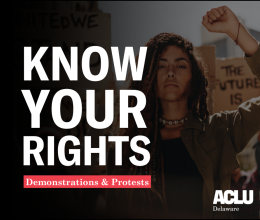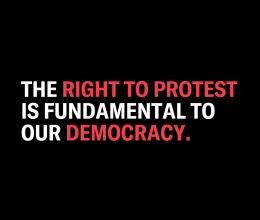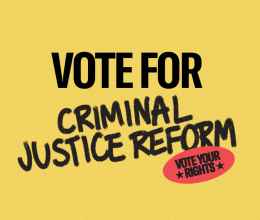WILMINGTON — The ACLU of Delaware filed a federal complaint today against Attorney General Kathy Jennings and the City of Wilmington in response to the State of Delaware’s Solicitation Statute, Loitering Statute, and the City of Wilmington's Loitering Ordinance. The complaint, filed on behalf of plaintiffs Food Not Bombs, Madison Daley, and George Jones, claims that these statutes not only unconstitutionally penalize people occupying public spaces, but also harm people in need and those experiencing homelessness.
Since June 2018, Food Not Bombs (FNB) has been an instrumental part of organizing weekly protests in Wilmington to raise awareness about homelessness, hunger, and poverty. In addition to general awareness and education, the gatherings also foster a space for public dialogue about issues impacting the community as well as an open exchange of resources and information for those in need. Free meal services are provided for all who attend.
In response, the City of Wilmington and State of Delaware have weaponized soliciting and loitering statutes/laws to deter FNB’s efforts. Wilmington and the State joins numerous other cities and states nationwide that have used anti-soliciting, loitering, and panhandling statutes to further criminalize homelessness and poverty under the guise of maintaining law and order.
The City of Wilmington’s and State of Delaware’s actions pose clear violations of the First Amendment right to speech, assembly and association and the Fourth Amendment's protections from unjustified stops and searches by police. Dwayne Bensing, legal director at the ACLU of Delaware says, “Restricting a vulnerable population’s ability to come together in public spaces not only infringes upon a fundamental aspect of any democratic society, but also deprives entire communities of an important touchpoint for human connection. What’s worse, these laws invite targeted and arbitrary enforcement that undermines well-established norms around justifiable police stops, shepherding an already vulnerable group of people into a criminal system that is poorly equipped to address their common underlying needs. We cannot arrest our way out of poverty or force it into the shadows because it’s unpleasant to see.”
“At Food Not Bombs, we believe that poverty is a form of violence not necessary or natural,” said plaintiffs Madison Daley and George Jones of Food Not Bombs, “Everyone should be able to address their basic needs. Why is doing so in public criminalized? Why is taking care of people while not under the auspices of a religious or nonprofit organization discouraged? We have a responsibility to fight for a liveable society. It starts with us.”
Recently, federal courts across the country have seen loitering and solicitation ordinances challenged and struck down as violations of an individuals’ First Amendment right to exist in and ask for help in public spaces free from government intrusion. The ACLU of Delaware believes strongly that the State of Delaware’s Solicitation Statute, Loitering Statute, and the City of Wilmington's Loitering Ordinance are no different. Just earlier this year, proposed Dover Ordinance #2022-26, an attempt to enact penalties for any activity deemed to be “loitering,” was withdrawn after months of tireless advocacy from community advocates, as well as threatened legal action from ACLU-DE in response to clear First Amendment violations. Today’s complaint alleges four Constitutional violations, including the infringement on the right to assemble and exist in public spaces, failure to give adequate notice of criminal acts, impermissibly allowing police stops without any reasonable suspicion of criminal acts, and illegal retaliation in response to protected First Amendment activities.
Bensing concluded, “By criminalizing innocent behaviors, the State of Delaware and City of Wilmington are choosing to perpetuate cycles of poverty rather than investing in approaches that prioritize dignity and respect and lead to the best outcomes for entire communities.”
If you or your organization has been impacted by loitering and solicitation laws, please email [email protected].
